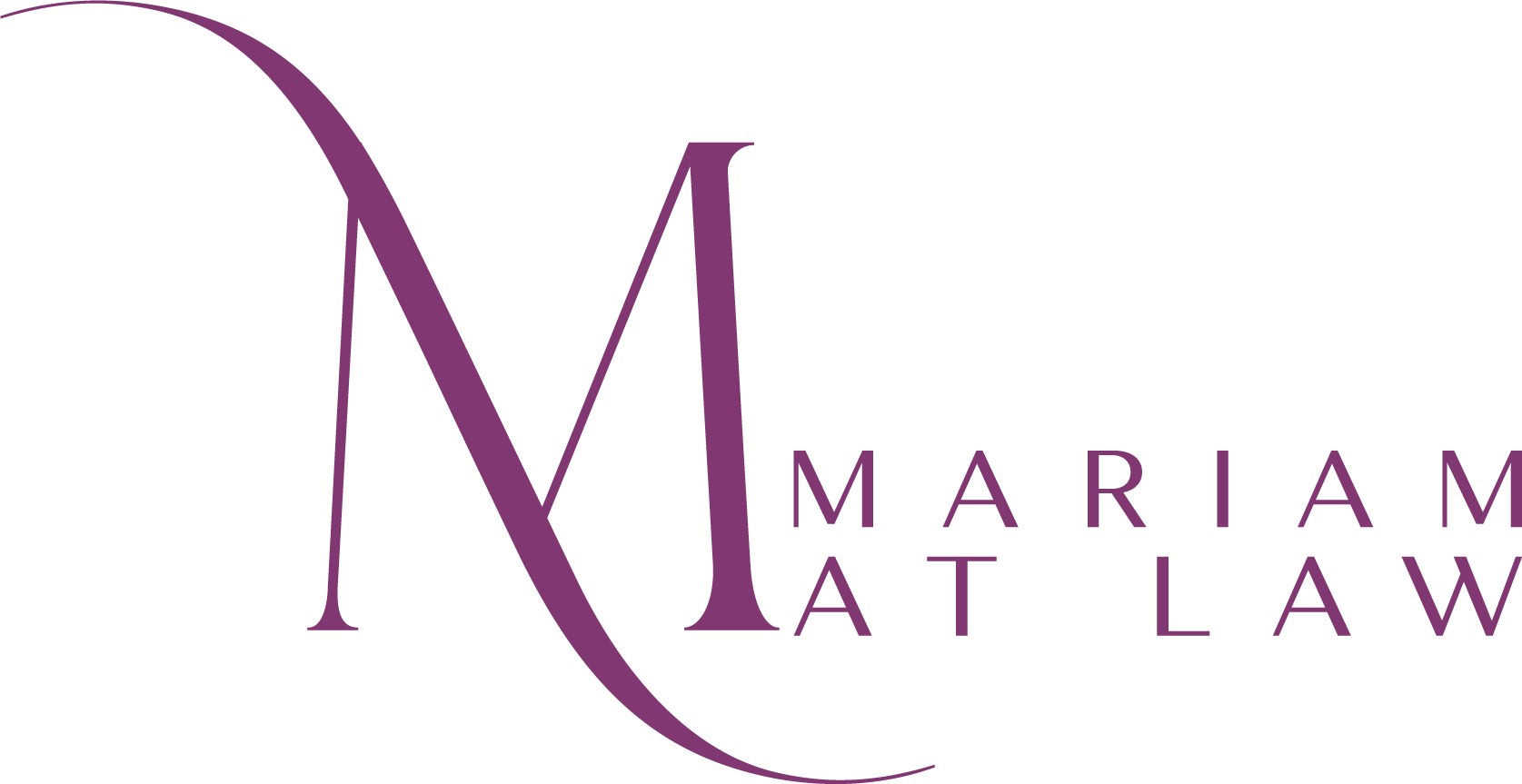What is a Trademark and What Does it Protect?
Anyone who is in a business world, whether they are an entrepreneur or a small business, has heard of the term “trademark”. However, not many people actually know what is a trademark and what it protects.
By the end of this blog post, you will know exactly what it is, what it protects, how to protect yours, and many other details.
Attorney Disclaimer: No attorney-client relationship or privilege is created by your reading this article. The article does not contain any legal advice and does not intend to give legal advice. This post is for informational and educational purposes only. If you wish to work with an attorney, contact me or another attorney to start the process.
What is a trademark?
According to the United States Patent and Trademark Office (USPTO), “A trademark is a word, phrase, symbol, and/or design that identifies and distinguishes the source of the goods/services of one party from those of others.”
Trademarks protect intangible goods that bring value to the business. This is the “thing” with which the outside world identifies that brand.
Some things that are protected under trademark law are brand and business names, sounds, designs, logos, slogans, colors, and even smells.
If you’re wondering what should be your first registered trademark, then know that many times the answer is your brand/business name. Of course, there are times that registering your brand or business name is not an option (unless you rebrand) because your name might be generic or merely descriptive.
In those situations, registering your logo is a good option to go with if you have a custom-designed logo.
What rights does a trademark give you?
When you register your trademark federally (meaning with the USPTO office, and not in-state), you get protection nationwide. This means that no one can legally use your registered name in a way that is the same or confusingly similar use.
If someone does attempt to you use your registered trademark, you can make them stop by sending a cease and desist letter, or even file a DMCA takedown request (even though this is more for copyright infringement, but in many cases works for trademark infringement as well).
When you have a registered trademark, it acts almost like a warning, “infringe at your own risk”. As the owner of the registered trademark, you can, should, and in most cases, must take action to actively protect your registered trademark so that no one is using it, unless you expressly licensed the use out.
Speaking of licensing, one right that you obtain when you register your trademark is the right to license it out to other people or businesses. This means when you register your trademark, you potentially open up another big source of income for you by giving away licenses of your registered mark, and even franchising.
WHAT ARE COMMON LAW TRADEMARKS?
Aside from a federally registered trademark, there are also common law trademark. A common law trademark is often referred to as the “poor man’s trademark”.
The common law trademarks are those that are not registered federally and are present at the state level. This means that someone started a business, and operated under that trademark without federal registration.
Now, common law trademarks do have certain rights if they used the trademark first. However, since they are registered with USPTO, another person or business can come along and decide to register that trademark for themselves. The common law trademark holder will be limited to what they are already doing at that point. They will not be allowed to expand into new markets or new directions for their business.
The only time that a common law trademark makes sense is when the business is a local business, and its products or services are limited to a few cities or towns. Meaning there is no “use in commerce” part taking place.
If that’s the case for the business, then having a common law trademark is an option. However, if you’re a business that has plans to scale, expand, or you’re already doing business with more than one state, or your buyers are from all over the United States or other countries, then the smartest option would be register your trademark with the USPTO office.
Do I need a lawyer for a trademark?
This question is one that I’ve been asked more times than I care to count. Here is a very transparent response to this.
It is possible for you personally to file your trademark registration with the USPTO. Moreover, it’s also possible that you’ll be successful and register you trademark without any issue or an attorney.
However, I want to emphasize one thing…these uncomplicated registrations are the exception, not the rule.
The high chance of complications and technicality involved in a trademark registration process is the reason that I, as well as other attorneys, strongly urge our potential clients to file with the help of an attorney.
Filing for your trademark registration through an attorney means that you will walk into the process with your eyes wide open, informed of of most, if not all, possible outcomes and issues along the way.
Moreover, filing with an attorney means that the attorney will do a proper search for your trademark, which is something that’s incredibly important, and also overlooked by people who file on their own or even through document completion service companies.
If you’re ready to register your trademark with the help of an attorney, you can book a free 15-minute introductory call with me to go over the process and ask your questions.
CONCLUSION
You reached the end of this post, which means you now know what trademarks are, what they protect, what are common law trademarks, and whether or not you should work with an attorney.
I love trademark law and therefore practice it. However, I do think it’s a complicated area of law and should be approached carefully. If you’re a business owner, a startup, or an entrepreneur, then you must think about protecting your brand. Registering your trademark will give you the protection you need, and at the same time create new growth opportunities for you.
If you’re just creating your business and are thinking about a name or even a name for a new program within your existing business, then sign up to get my free guide on naming your business or program to avoid trademark complications.






